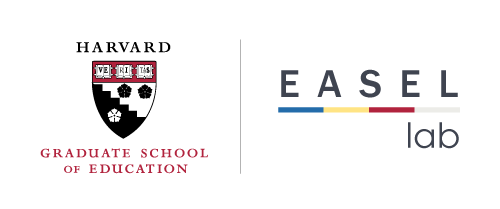In the past 5 years, a number of efficacy trials have demonstrated that children’s academic and social-emotional functioning can be improved by targeting executive functioning and emotional and behavioral regulation via preschool and elementary school curricula (Bierman et al, 2008; Diamond et al, 2007; Raver et al, 2009). While these findings emphasize that high-quality, targeted programs can place children on more positive academic and developmental trajectories, a less optimistic hypothesis suggests these gains will be sustained only as long as children continue to have access to the conditions and teacher practices that supported the development of skills during the intervention year(s).
The SECURe project addresses this issue by developing a school-based intervention that is both horizontally and vertically aligned: in it we develop curricula that targets executive functioning and social, emotional, and cognitive regulation skills (horizontal alignment across developmental domains), while developing benchmarks, teacher training, and school structures and routines that span the Pre-K to school divide (vertical alignment across the Pre-K to school transition). Key aspects of the project include program development and implementation, including curriculum development and design of classroom supports for self-regulation; data collection, management and analysis; and development and documentation of the school and teacher alignment processes.
In collaboration with researchers and schools across the country, SECURe has been integrated and adapted for several pilots, including the Getting Ready for School program (GRS) in 16 Head Start classrooms in New York City, a partnership with schools in Bridgeport, Connecticut, and a partnership with the Children's Aid Society of New York. Brain Games, a core strategy in SECURe targeting executive functioning and self-regulation has also been adapted to a standalone version without the SECURe curricula. Learn more about Brain Games and current projects using the games.
The SECURe program is currently unavailable for purchase, as we have not yet completed the evaluation phase. However, we are looking for the following:
- District-level partners, those interested in using SECURe across multiple schools or a whole school district
- International partners, those interested in using SECURe in international settings
If you would like to learn more about participating in the above opportunities, please contact easel@gse.harvard.edu and provide the following information: school/district name, location, grade range served, and number of students enrolled.
Research Collaborators
Fred Morrison, University of Michigan, Department of Psychology
Robin Jacob, University of Michigan School of Education, Institute for Social Research
Deborah Phillips, Georgetown University and Foundation for Child Development
Nancy Madden, Johns Hopkins School of Education and Success for All Foundation
Note: The SECURe intervention was co-developed in partnership with the Success for All (SFA) Foundation.
Funders
National Institute of Child Health and Human Development (Pre-K Pilot)
Institute of Education Sciences (K-3 Pilot)
The Aspen Institute (SECURe Families)
Children's Aid Society (Professional Development Manual)




